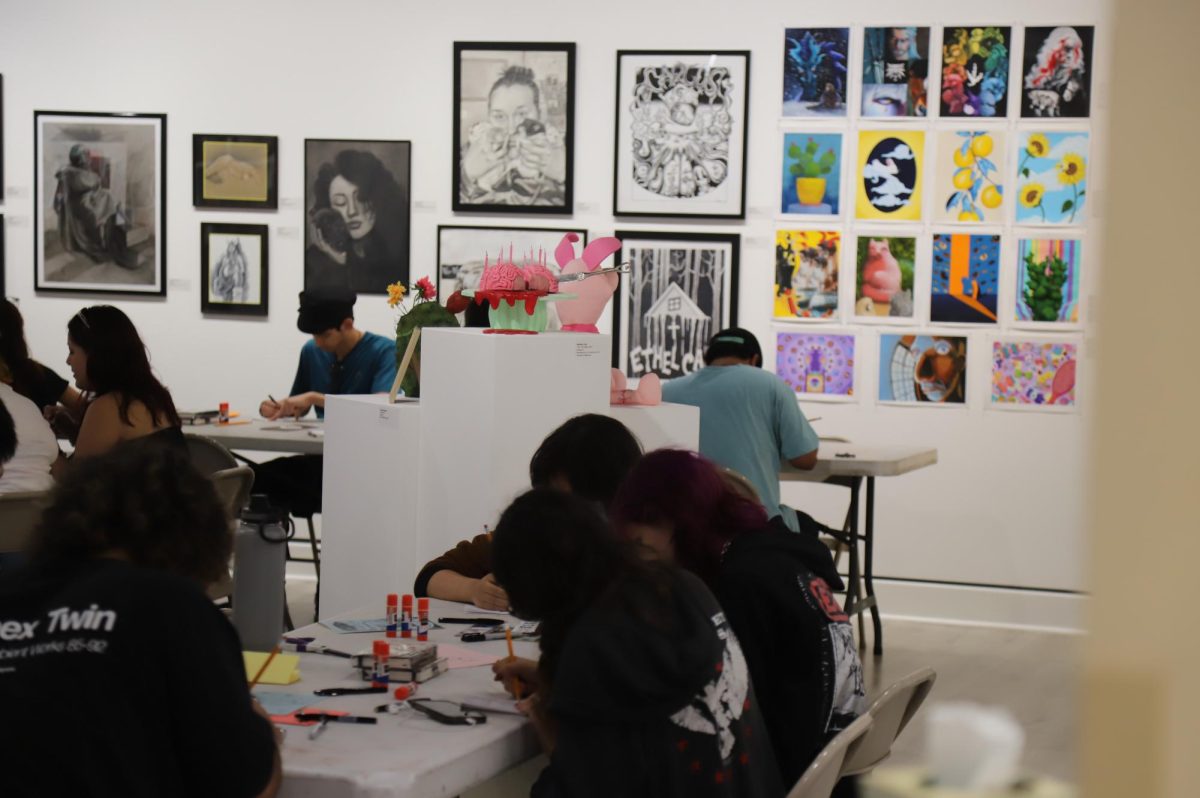By Liv Drobny
The first time he was brought before a judge, the Catholic missionary felt confident in his innocence.
He was no spy or agitator, he never spoke against the Chinese Communist Party, nor disparaged government officials. Yet, by his third encounter with the judge, he was admitting to fabricated crimes meant to placate the court. Desperation and months of physical and mental mistreatment led him to this moment. He simply wanted out.
Robert Jay Lifton’s “Thought Reform and the Psychology of Totalism: A study of brainwashing in China” offers a window into the process of the Chinese Communist Party’s re-education efforts. The book is a culmination of research conducted in the mid-50s by Lifton in Hong Kong, where he interviewed victims who were formerly incarcerated in Chinese prisons – although the Chinese Communist Party would prefer the term “re-education centers” or “schools.”
When this text was written, Lifton could not have known it would remain relevant almost 70 years later.
China’s internment of its Uighur population may seem like a novel event in 2020, but re-education camps have existed for almost a century. Lifton’s research sheds light on the current situation in Xinjiang by giving historical context and including relevant political and cultural elements. He addresses the differences in treatment of mostly European Westerners and ethnically Chinese prisoners. Through careful scrutiny, Lifton identifies a pattern of procedure in the practice of thought reform.
Lifton is careful to avoid inserting his personal beliefs about the theory of communism and the Chinese Communist Party. The purpose of the text is not to analyze and criticize the CCP for their actions, however heinous they may be, but to provide a professional analysis of how the experience psychologically affected each individual. Lifton has a perceptive ability to recognize pre-detainment personality traits that influenced the effectiveness of the thought reform techniques employed by the CCP.
The sole issue with this text is the heaviness of the subject matter. Each chapter offers a complex examination of the human psyche. In order to digest Lifton’s text, it is necessary for the reader to frequently pause to decompress and to create a space for secondary interpretation. This is not a light, quick read.
Lifton is an influential American psychiatrist and author. He has researched and written on the psychological effects of traumatic life events focusing on war and political persecution including mental and physical coercion.
The author has published critiques of various forms governance, claiming extreme ideologies exist on all parts of the political spectrum. He has also reported on Holocaust survivors (specifically victims of Nazi medical experiments), the Chinese Communist Party, post-traumatic stress disorder in veterans of the Vietnam War, Hiroshima survivors and capital punishment in the United States.












